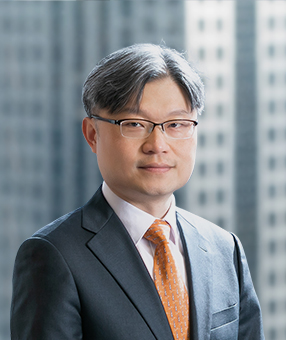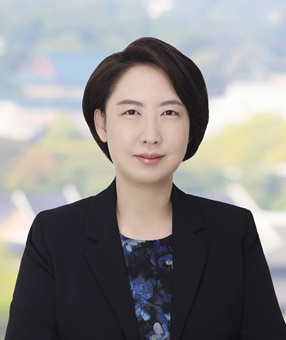With the rapid advancement of AI technologies these days, the issue of whether AI can be an inventor is being hotly debated in many countries. Recently, the Korean court issued a decision denying that AI qualifies as an inventor.
As we reported in the previous issue of our newsletter (link), the Korean Intellectual Property Office (KIPO) addressed this issue in examining a Korean patent application (App. No. 10-2020-7007394) that named AI called "Device for the Autonomous Bootstrapping of Unified Sentience (DABUS)" as an inventor. The invention was originally filed under the Patent Cooperation Treaty (PCT) on September 17, 2019. When the application entered the Korean national phase, KIPO dismissed the application on September 28, 2022 on the basis that only a natural person can be an inventor. The dismissal of the application was appealed to the Seoul Administrative Court in December 2022.
On June 30, 2023, the Seoul Administrative Court rendered a ruling affirming the KIPO's dismissal. In the course of the appeal proceedings, the applicant-appellant argued, among others, that DABUS independently created the invention without any human intervention, and if such AI is not allowed to be listed as an inventor, there would be no way to protect AI-created inventions, which would be against the spirit and purpose of the Patent Act of promoting technological and industrial development. The Court did not accept the applicant's arguments.
The main grounds for the Court's ruling are as follows:
- Article 33 of the Korean Patent Act (KPA) expressly stipulates that a "person" who creates an invention or his/her successor owns the right to obtain a patent on the invention. The statutory language thus indicates that only a natural person who creates an invention can be identified as an inventor. Also, under Article 2-1 of the KPA, an invention is defined as a "high level creation of a technical idea using the laws of nature." Such "technical idea" and "creation" are premised on human mental process and mental activities.
- In order for an inventor to obtain a patent right for his/her invention, the inventor must have legal capacity. Under Articles 3 and 34 of the Korean Civil Act, only a natural person or a corporation can be endowed with legal capacity. Since AI is neither a natural person nor a corporation, and instead may be viewed as a tangible thing in the form of software and hardware under the civil law, AI cannot be given legal capacity.
- There is no sufficient rational basis to conclude that allowing AI to be an inventor would ultimately contribute to promotion of technological and industrial development in our society. Rather, it may pose a risk of atrophying human intelligence in the future, which in turn adversely affects human innovation or research. There is also a risk that the patent system will become a means of protecting the rights and interests of only a small number of big companies who can monopolize powerful AI technologies.
Interestingly, the Court left open the possibility that this issue may be treated differently in the event of emergence of "strong AI" in the future through relevant changes in law after technical and policy discussions and decisions. According to the Court, strong AI refers to an AI that is capable of thinking and drawing conclusions on its own like humans based on big data without being limited to a specific field – which is in contrast to a "weak AI" which can draw inferences simply by repeatedly learning algorithms, data, and rules related to a specific area. The Court concluded that DABUS does not seem to be strong AI because there was considerable intervention by a human in AI training process, and a patent attorney collected the sentences and graphs created by AI and rewrote them in the form of a patent specification.
This patent application was filed pursuant to the Artificial Inventor Project, headed by Stephen Thaler, as one of a series of test cases filed worldwide "seeking intellectual property rights for AI-generated output in the absence of a traditional human inventor or author," according to the project website. Mr. Thaler has filed national phase patent applications based on the above PCT application in over ten countries (including the US, the UK, Australia, Germany, New Zealand, and Israel) while identifying DABUS as an inventor. Most of the applications except South Africa have been rejected so far mainly on the basis that AI cannot be an inventor. Although South Africa is the only country to have granted a patent to an AI inventor, it appears the application in South Africa was not subject to examination on the inventorship issue at the national phase stage since the patent office of South Africa only checks for basic formal requirements.
Overall, the established legal principle under the Korean patent law appears to be that an inventor must be a natural person at least for now. However, it still remains to be seen whether the legal principle will continue to be maintained. More advancement of AI technologies in the future will likely trigger serious debates and discussions on procedural changes in favor of recognizing AI inventors.
Related Topics






